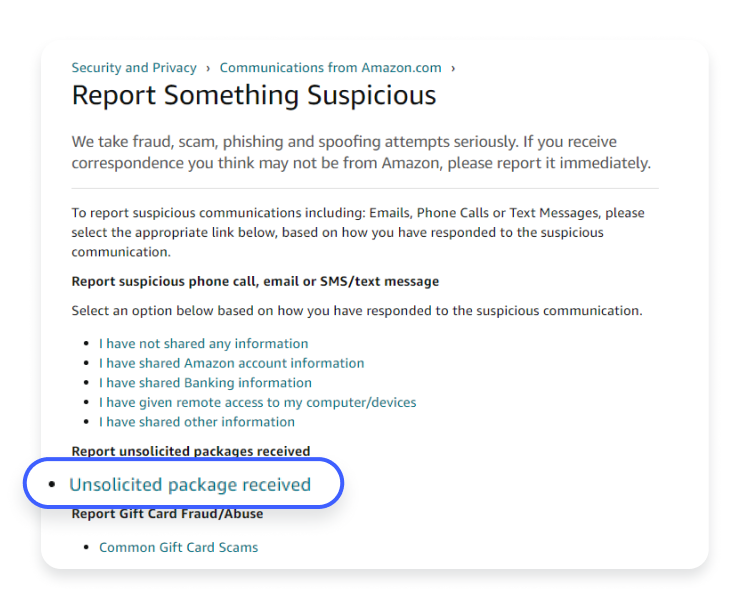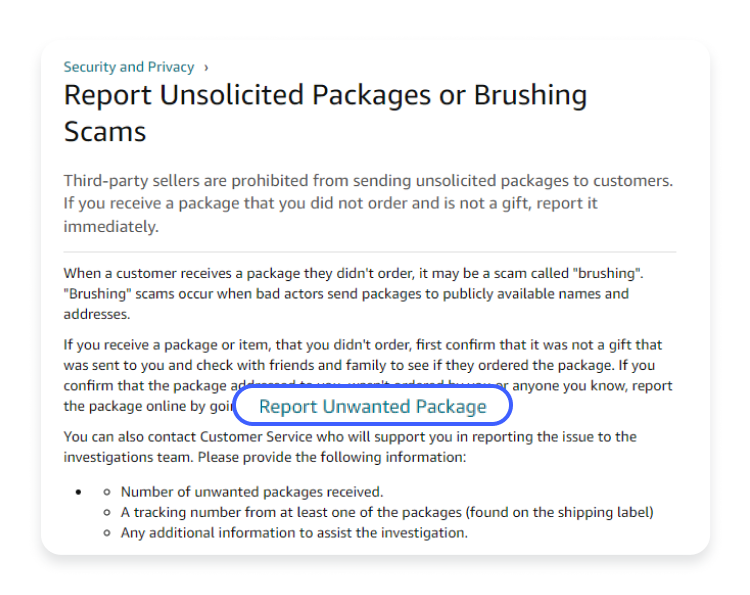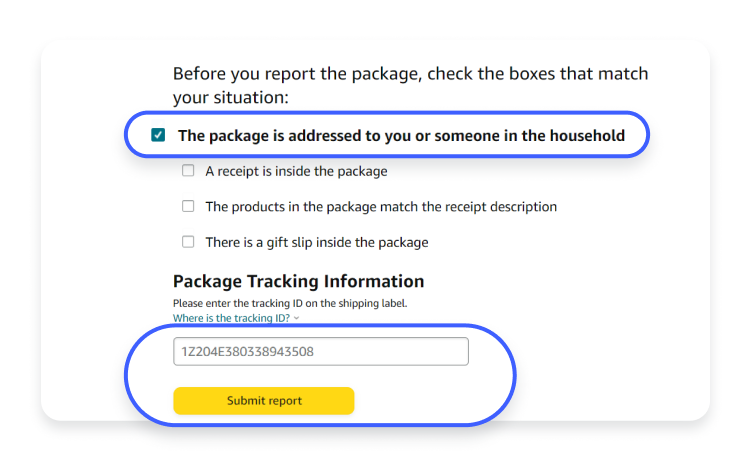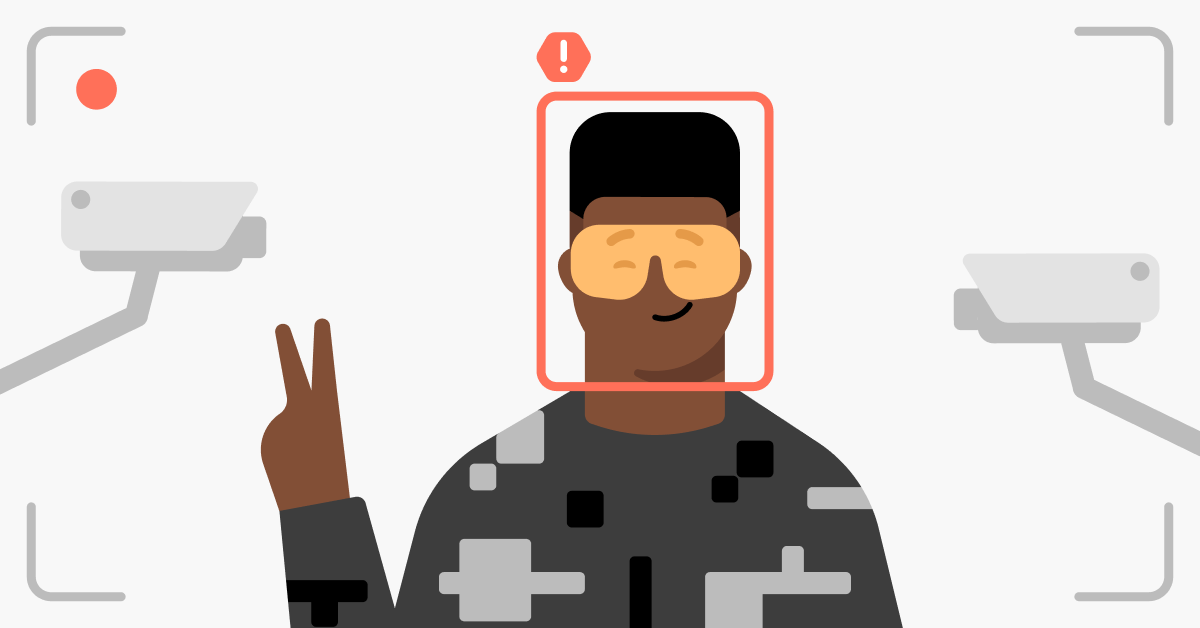Brushing scams: What you need to know, and how to stay safe
A brushing scam is a malicious ecommerce technique where sellers send unsolicited parcels to people who did not order them. Fraudsters use even the largest online shopping platforms like Amazon and AliExpress to scam unsuspecting users. Learn how brushing scams work and how to protect yourself.
Contents
What is a brushing scam?
A brushing scam is a fraudulent e-commerce tactic where sellers send unsolicited packages to people. They do it to create fake transactions on ecommerce platforms to inflate their sales and boost their products’ ranking, making their goods more attractive to potential buyers.
Why is it called a brushing scam?
In the context of online scams, the term “brushing” comes from Chinese e-commerce and refers to the practice of “brushing up” your sales results. By creating fake orders and sending large numbers of parcels, sellers “brush up” (improve) their sales numbers to appear more reputable on online marketplaces.
How does a brushing scam work?
A scammer sends packages with cheap goods to people who did not order them using their real names and addresses, obtained by illegitimate means.
But let’s look at the process step by step. First, the scammer creates a fake account on an e-commerce platform where they sell their products. Then they use the fake account to place an order for their own products and send them to a recipient whose name and address they obtained illegitimately. Once the unsolicited package is delivered, the scammer writes a fake review on their own seller account, praising the item.
Typically, fraudsters send out cheap items, like fake jewelry, inexpensive electronic goods, or flower seeds. So if you receive a parcel you did not order and find a fake ring or necklace upon opening it, it’s highly likely you’ve been targeted by scammers. The more items they send out and the more positive reviews they fabricate, the more visible their account becomes and the more credible it seems to potential buyers.
The main risks related to brushing scams are:
- Personal data exposure. If you receive an unexpected package that is not a gift, it probably means that your personal information, like your name and home address, has been compromised. This might mean that your data was leaked in a data breach, that your account has been compromised, or that the scammer bought your data in an illegal marketplace. There is a possibility that they have obtained some more sensitive personal information about you and might use it to perform identity theft.
- Account suspension. If someone writes fake reviews in your name to boost the sales of fraudulent products, the ecommerce platform might restrict or suspend your account while they investigate the case.
- Misleading consumers. If you come across a seller’s account with fake reviews and artificially inflated product ratings and don’t recognize the account is fraudulent, you might purchase poor quality goods.
- Safety concerns. Some items sent in brushing scams might pose a risk to the recipient or the biosecurity of the local ecosystem, for example, flower seeds from a distant location. Health risk for the recipient is another issue with unknown or hazardous items, such as cosmetic products containing harsh chemicals.
How to report a brushing scam if you’ve become a victim
If you think you’ve been hit by a brushing scam, you should notify the online marketplace about the unsolicited package by filling out a report form on its website.
The package you received might simply be a mistake within the supply chain of the ecommerce platform, so it’s worth checking with it first. If the platform does not know about the package, and it’s not a gift, it’s most likely a scam. You should log in to your ecommerce platform account and submit a report there. Typically, you will find the link to the report form in the platform’s help and customer support section or the FAQ section.
The package you received might simply be a mistake within the supply chain of the ecommerce platform, so it’s worth checking with it first. If the platform does not know about the package, and it’s not a gift, it’s most likely a scam. You should log in to your ecommerce platform account and submit a report there. Typically, you will find the link to the report form in the platform’s help and customer support section or the FAQ section.
You can also report the incident to the authorities or the national consumer protection agency. In the US, you can report it to the Federal Trade Commission through its website. If you’re dealing with an Amazon brushing scam, check out the information below to find out how to deal with it.
How to deal with an Amazon brushing scam
Here is what you can do if you’ve become a victim of an Amazon brushing scam:
- Report the scam to Amazon following the step-by-step guide provided below.
- Do not use or consume the product, because its quality and origin are unknown, especially if it’s an edible or cosmetic product.
- Update your passwords for your Amazon account and linked email accounts.
- Check your Amazon account for any unfamiliar transactions or reviews you did not post. If you discover any unsolicited activity, report it to Amazon.
- Even if only your name and address were used in the scam, it’s wise to review your credit report and bank account statement to make sure neither has seen any unusual activity.
- If the scams are severe or frequent, report them to your local or national consumer protection agency.
- Don’t worry about returning the unordered products. You are not obliged to do so. Besides, it can be problematic to return them because typically scammers do not provide a valid return address. Returning the package can also be costly.
How to report a brushing scam to Amazon
If you received an unsolicited package and are certain you’ve become a target of an Amazon brushing scam, follow these steps to report it:
- Log in to your account and click on this link.
- Click on “Unsolicited package received.”

- In the next window, click on “Report unwanted package.”

- In the next window, tick the relevant boxes with information about the package, provide the tracking ID from the shipment label, and click “Submit report.”

- The next window will inform you that your submission was received. You can click “Return to shopping” to close the window and proceed with your online shopping.

Amazon may require up to 10 days to investigate your situation and take appropriate action. Its team will contact you via email or send a message or a notification to your Amazon account with further information.
You can use the same link in step 1 to report other types of Amazon scams and suspicious activity. For more information, read our blog post on different scams you can experience on Amazon.
How to stop brushing scams
To help stop brushing scams, make sure your account and personal information are safe and that you’re not feeding into the online scam trend. Check out these tips on curbing package scams:
- Since your personal data was compromised, you should change your email and online marketplace account passwords. You should also enable two-factor authentication for your accounts to add an extra layer of security.
- Report the packages you did not order to the seller’s platform. Seller representatives may be able to track down the sender and take action to stop their scamming efforts.
- Be critical about seller accounts that have the highest ratings. To recognize fake accounts, read their reviews to make sure they sound legitimate and written by real buyers. If many reviews sound very similar or have repetitive phrases, they might be fake. If a large number of positive reviews were posted around the same time, it might be a red flag too. Genuine reviews often contain specific details about the product or shipping experience, while fake ones tend to be more generic. Extremely low prices that seem too good to be true might also indicate a scam.
- Buy from reputable sellers. To make sure a seller is trustworthy, review not just their ratings but also the users’ comments and the seller’s replies. Also check the seller’s history — a long-standing presence typically indicates reliability. And always inspect the quality of the products in their photos and videos. Beware of sellers who use stock images or blurry photos taken from other sources.
FAQ
What is a brushing scheme?
A brushing scheme, also known as a brushing scam, is a fraudulent e-commerce tactic where sellers send unsolicited packages to people to artificially boost sales and post fake reviews. The recipients of the products have not ordered them or paid for them.
Why am I receiving unordered packages from China?
If you receive unordered merchandise from China or other overseas countries, this could mean you are being scammed.
What should I do if I receive an unknown package from USPS?
Here is what you should you if USPS delivered an unknown package to you:
- Inform USPS about it.
- If you haven’t opened the package, mark it “Return to sender,” and USPS will return it free of charge.
Want to read more like this?
Get the latest news and tips from NordVPN.





